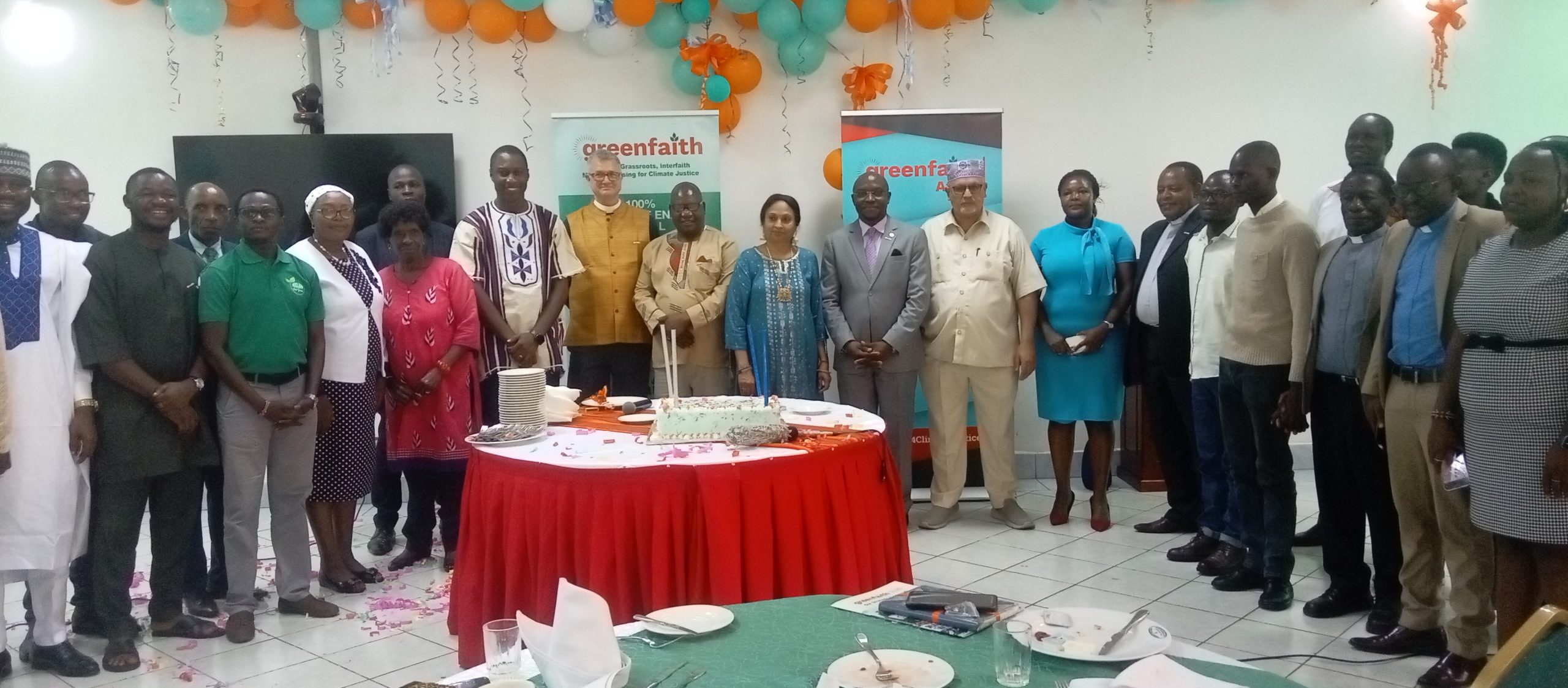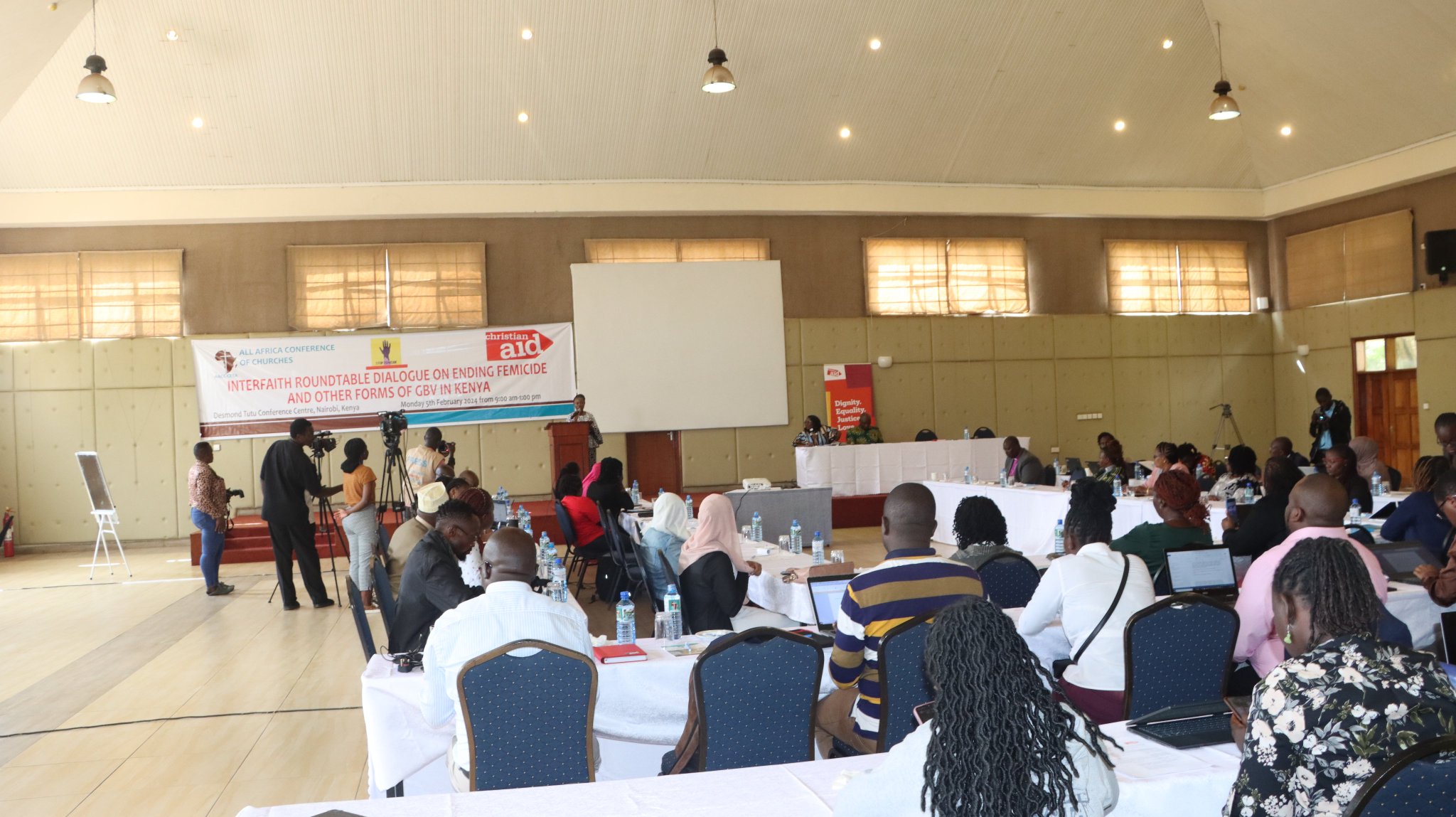By Eddah Waithaka
In a significant push towards bolstering the economy, the Kenyan government is advancing its Bottom-Up Economic Transformation Agenda (BETA Plan), a multifaceted strategy designed to enhance economic resilience, boost job creation, and promote equitable income distribution. At a recent media engagement, Dr. Isaac Mwaura, the Government Spokesperson, shared insights into the current progress and future direction of the BETA Plan, underlining the country’s commitment to sustainable development through rigorous fiscal discipline, transformative tax reforms, and targeted social initiatives aimed at improving the living standards of all Kenyans.
In an effort to tackle the mounting public debt and lessen dependence on foreign loans, the government is prioritizing strong domestic revenue generation strategies. The recently introduced Tax Laws (Amendment) Bill, 2024, embodies this initiative, aiming to create a fairer tax system through equitable taxation practices, judicious tax amnesty provisions, and the reduction of tax expenditures that impede funding for vital public services.
Crafted with input from citizens and stakeholders, these legislative amendments are designed to establish a more sustainable economic framework, ensuring that essential services receive the necessary resources while fostering a resilient financial future for the country.
In addition, in response to the expanding digital marketplace, the government is set to broaden the tax base to encompass digital services such as ride-hailing, food delivery, and online professional services. This initiative aims to ensure that both local and foreign service providers contribute fairly to the economy, promoting a level playing field and enhancing revenue generation from this rapidly growing sector.
Read Also :https://switchmedianews.wordpress.com/2024/11/09/mzalendo-trusts-eye-opening-report-reveals-gaps-in-county-assembly-performance/
“The newly proposed “Significant Economic Presence Tax” will target non-resident entities operating within Kenya’s digital economy, aligning the country with global best practices. To enhance disposable incomes and support future savings, amendments propose increased non-taxable employee benefits, including allowances for meals and gratuities. Additional provisions benefit pension savings, healthcare contributions, and affordable housing, aligning tax incentives with critical social goals. Local manufacturers also stand to benefit from government procurement requirements mandating at least 40% of purchases from local suppliers, spurring economic growth,” said Mwaura.
In addition, Mwaura highlighted that the SHA is transforming healthcare.
Under the Social Health Authority (SHA), healthcare in Kenya is shifting towards greater accessibility and affordability. Since replacing the NHIF, the SHA has enrolled more than 14 million Kenyans to receive free care at public hospitals across the country.
This initiative, which targets chronic diseases such as cancer and diabetes, aims to reduce the financial burden on Kenyans and improve their quality of life. The government is encouraging private healthcare facilities to join SHA, further supporting the growing demand for healthcare services.
In a show of international confidence, the International Monetary Fund (IMF) recently extended a Ksh. 78 billion facility to strengthen Kenya’s fiscal and climate resilience efforts. This facility, part of the Extended Credit Facility (ECF) initiated in 2021, underscores the government’s responsible economic policies and its dedication to stabilizing the Kenyan Shilling and enhancing foreign exchange reserves.
Dr. Mwaura reiterated the government’s pledge to efficiently and transparently use public resources, assuring Kenyans that revenue generated through tax reforms will prioritize essential services in health, housing, and education.
Demonstrating international confidence, the International Monetary Fund (IMF) has recently provided Kenya with a Ksh. 78 billion facility aimed at bolstering the country’s fiscal and climate resilience initiatives. This funding, which is part of the Extended Credit Facility (ECF) established in 2021, highlights the Kenyan government’s commitment to sound economic policies, as well as its efforts to stabilize the Kenyan Shilling and increase foreign exchange reserves.
Dr. Mwaura emphasized the government’s commitment to utilizing public resources efficiently and transparently. He assured Kenyans that revenue generated from tax reforms will be directed towards prioritizing vital services in healthcare, housing, and education.






